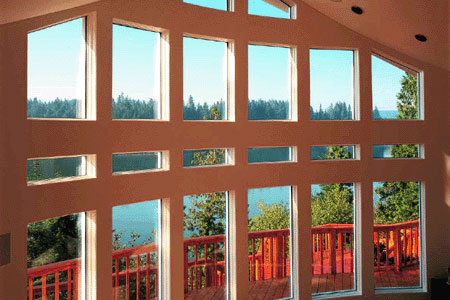
Do you understand the housing market enough to make the best informed decisions when it comes to buying and selling real estate? For your sake, I certainly hope so! If not, then you can learn, so let’s get started with the fundamentals of property investing.
Let’s clarify right from the beginning that all property purchases are considered investments. This is true regardless of whether you plan to rent the home out, renovate it and resell it or live in it. If you buy it, then it is an investment!
This post details the best ways to understand the property market before making decisions to buy or sell real estate.
Understand the Housing Market Easily
Location, location, location… This is the cliché rule of real estate and it certainly does apply. However, for the sake of this essay, it means very little. What does matter is TIME. In essence, WHEN should you buy and when should you sell. Should you ever sell?
So, let’s focus on time, rather than money or location. Keep it simple and gain a new perspective.
Real property is a commodity. Like all commodities, it does not have an objective value. Its value (and therefore price) is highly subjective and always in flux. This is rule #1. Learn it well. You might have a great property investment one day that can turn into a financial nightmare tomorrow. You might also buy a nightmare property today that becomes the golden ticket to wealth tomorrow. Both scenarios happen on a daily basis in the real estate marketplace.
Let’s explore in greater depth about why time is one of the most important considerations when discussing property.
Property Market Conditions Right Now
When do you want to buy? When do you want to sell? These are the 2 critical questions to answer during this post. So, here we go:
When to buy? Most people buy real estate when they want to. It becomes a decision impulse when they feel that they have enough money or feel that they are ready for some emotional reason. Maybe they are being pushed forward by a growing family. Maybe they reach a certain age and think it is time to stop renting. Whatever the stimulus, it is often emotional, rather than based on sound understanding of the housing market.
When you want to buy is when properties are priced lower than the historical inflation-adjusted average. Basically, buy when the price is cheap. Ironically, this is the exception to the rule. Most people tend to buy in housing booms when the cost is at a premium. Mistake! This can cost you huge sums of money, especially if you are taking a mortgage and now paying daily interest on your costly purchase for decades…
On a related note, it is also best to buy when interest rates are low if you intend on taking a mortgage on the property. This alone can justify a higher cost in some cases, but should always be a consideration regardless.
Similarly, most people decide to sell based on emotional factors. I am ready to downsize. I want to move somewhere else. I feel that I can’t afford this house. Once again, no consideration is made to the current state of the housing market conditions. I want to sell now, so I will sell… It is always best to sell at a peak in value to maximize profit. This can mean the difference of earning huge sums of money or losing out.
Understand the Housing Market and Make Money
Ok, so you get the idea that it is best to buy when prices are down and sell when prices are high. You also understand that this takes a bit of planning, patience and compromise. If you want to optimally benefit, these are small concessions to make. However, there is another important variable to consider:
Should you EVER sell your property?
Many people build wealth by never selling. Sure, they move on with life and will buy new real estate. However, instead of selling the old, they tend to rent out the home instead and allow someone else to pay the property off for them. They do the fundamental upkeep on the house, but otherwise, the property is basically self-sustaining. The mortgage gets paid and the equity goes to the owner; never the tenant.
Even if the property is never actually profitable or even demonstrates a small and absorbable monthly loss, you still win big. You might have to do work seemingly for nothing year in and year out, when it comes to dealing with tenants and maintaining the property. You may have to occasionally invest an influx of cash in the property. However, the reality is that if you continue to endure these “hardships”, you will eventually have a fully paid off property that now belongs to you 100% free and clear. You can parlay this into a sustainable retirement income or eventually choose to sell the property at the optimal time for profitability once its value has potentially exponentially increased.
Of course, if the property is already paid off or close to being paid off, there is even more incentive to keep it and rent it. It will become a money-maker right away. If you can do this with several properties, you will find yourself with large amounts of positive cash flow for life. This is one of the surest and most historically validated ways to build generational wealth, so consider the idea carefully.



